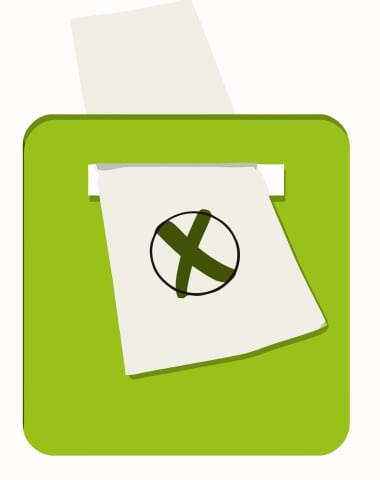With a Saskatchewan general election on the horizon, provincial politics has once again returned to the forefront of public consciousness. For many University of Saskatchewan students, much of this discussion may focus on how the outcome of this election will directly affect them and their university.
Premier Brad Wall officially called an election for Apr. 4, 2016. This will be the first time since 2011 that Saskatchewan residents will have a chance to influence their provincial government.
The Saskatchewan Party currently holds a majority of 47 seats in the provincial legislature, leaving the New Democratic Party, led by MLA Cam Broten, with nine. Both parties’ campaign platforms include policies targeted at university students and other citizens alike.
According to Daniel Béland, a professor with the Johnson-Shoyama Graduate School of Public Policy at the U of S, each party has something different to offer students in terms of policy.
“This election should affect students, in part because the two main parties emphasize different visions for the future of the province; more specifically, the measures targeting students in their respective platforms create a significant contrast, with the NDP focusing on lower tuition and the Saskatchewan Party on home buying and graduate retention,” Béland said.
Campaigning began with the call of an election on Mar. 8. Although Saskatchewan law states that an election must be held in November, four years the previous election — meaning the provincial election would have taken place in November 2015 — it was postponed due to a federal election being held during the same time frame.
The Saskatchewan Party has been in government since 2007, and won a landslide 49 out of 58 seats in the 2011 election. Due to the retirement of two MLAs, the party currently retains 47 of those seats.
Joe Garcea, political studies professor at the U of S, speaks to changes that have occurred in the Saskatchewan political climate since 2011.
“The major differences between last election and this one stem from several interrelated factors: first, the government is being criticized much more on its record, partly because it has governed for an additional four years,” Garcea said. “Secondly, partly because a few problems have emerged both with the economic conditions in the province.”
Saskatchewan’s other major political party, the NDP, also faces a different political arena than in 2011. Garcea suggests that the party may not be fighting for its life yet, but it desires stability and sustainability for the short term.
“This time, the NDP has to work even harder than last election to ensure that the number of seats it has does not drop any more, because if it does, they will be in a crisis mode for at least the short term,” Garcea said.
In terms of the election outcome, Béland believes that both Wall and Broten have things to prove in order to be successful.
“Regarding the two main party leaders, Brad Wall must defend his policies and his decision to postpone the next provincial budget until after the election, while the less-experienced and younger Cam Broten must demonstrate that he’s a real contender for the top political job in the province,” Béland said.
Both parties have active student groups at the U of S. However, regardless of partisan affiliation, Garcea emphasizes the importance of student involvement within provincial politics.
“It is in their personal interest to be aware of what is going on, it contributes to the legitimacy and vibrancy of our democratic system. If people do not participate, the legitimacy of the elections, governments and governance can be compromised.”
—
Image: Jeremy Britz / Graphics Editor